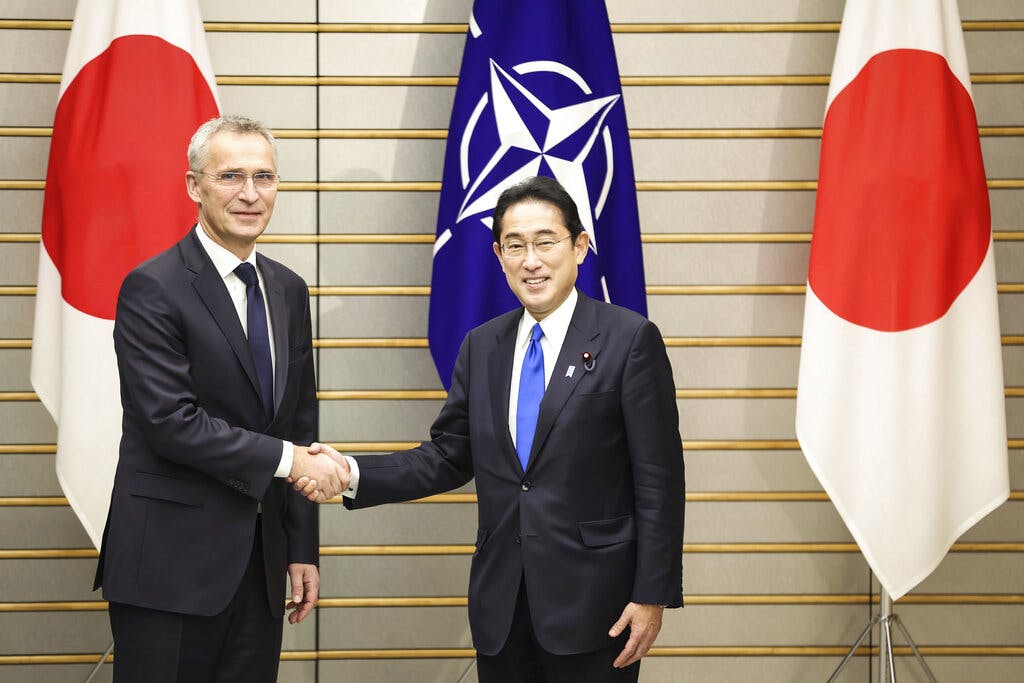
Florida Freeze Prompts Roundup of Cold-Stunned Iguanas as Thousands Fall From Trees
By LUKE FUNK
|Signs of change include the Czech president-elect’s call to Taiwan’s leader and the NATO secretary-general’s underlining of Beijing’s Moscow-like bullying tactics against its neighbors.

Already have a subscription? Sign in to continue reading
$0.01/day for 60 days
Cancel anytime
By continuing you agree to our Privacy Policy and Terms of Service.
By THE NEW YORK SUN
|